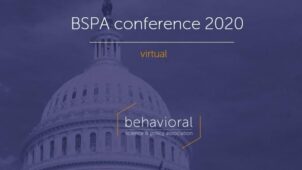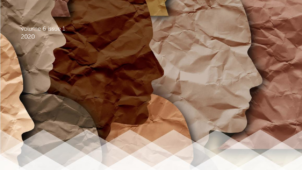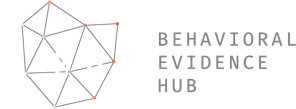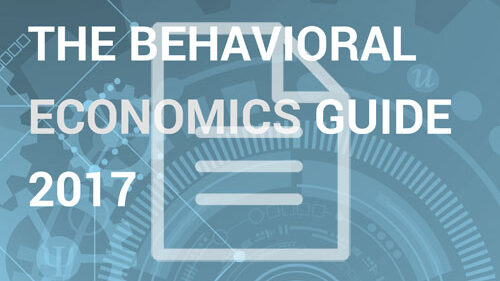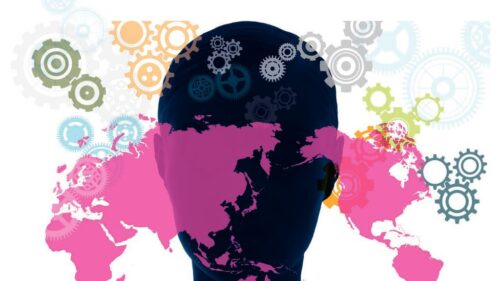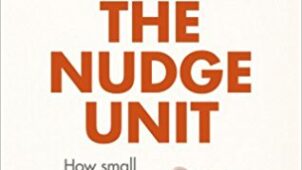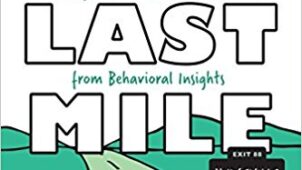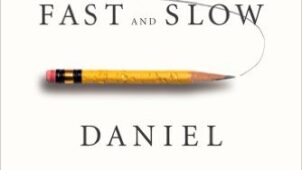News & Resources
News
-
CALL FOR PAPERS – Understanding and Countering Disinformation and Propaganda
This special issue of Behavioral Science & Policy (BSP) aims to enhance both scholarly understanding of and policy measures to counteract disinformation and propaganda. Disinformation refers to the intentional and strategic dissemination of false information, while propaganda encompasses the dissemination of half-truths, false, or misleading information in the service of persuading the public of a particular viewpoint or (political) agenda. Specifically, the special issue seeks to foster a dialogue on the origins of disinformation and propaganda, people’s susceptibility to them, their spread dynamics, effects on public opinion, and behavioral interventions to counteract them.
It is imperative that submitted papers not only advance a scientifically grounded understanding of issues related to disinformation or propaganda but also offer concrete practical implications for mitigating their effects or addressing their consequences. Interested authors are encouraged to submit their abstracts by December 2, 2024. Full papers will be requested for selected abstracts following the initial review.
Click here to learn more and to submit:
Call for Papers - Disinformation Spotlight
In the News
-
Skepticism Rather Than Cynicism
Cynicism can be mistaken for intelligence, but research summarized here by our partner platform, Behavioral Scientist, advocates that instead of embracing cynicism, adopting a "hopeful skeptic" mindset—balancing curiosity with faith in humanity—can lead to a more accurate and fulfilling outlook on life.
-
Increasing Access to Methadone to Treat Opioid Addiction
Methadone is one of the promising approaches to treating opioid addiction, but as covered by NPR, many patients are still not benefiting, due to slow adoption by clinics and varying state regulations. Advocates are pushing for further changes, including legislation to allow methadone prescriptions outside of specialized clinics.
-
Combating Misinformation Disasters
The vast uncertainty that accompanies disasters like Hurricanes Milton and Helene creates an opening for a flood of misinformation. According to this article in Scientific American, understanding people’s need to fill uncertainty gaps with information is a start to combating misinformation.
BSPA in the News
-
CALL FOR PAPERS – Understanding and Countering Disinformation and Propaganda
This special issue of Behavioral Science & Policy (BSP) aims to enhance both scholarly understanding of and policy measures to counteract disinformation and propaganda. Disinformation refers to the intentional and strategic dissemination of false information, while propaganda encompasses the dissemination of half-truths, false, or misleading information in the service of persuading the public of a particular viewpoint or (political) agenda. Specifically, the special issue seeks to foster a dialogue on the origins of disinformation and propaganda, people’s susceptibility to them, their spread dynamics, effects on public opinion, and behavioral interventions to counteract them.
It is imperative that submitted papers not only advance a scientifically grounded understanding of issues related to disinformation or propaganda but also offer concrete practical implications for mitigating their effects or addressing their consequences. Interested authors are encouraged to submit their abstracts by December 2, 2024. Full papers will be requested for selected abstracts following the initial review.
Click here to learn more and to submit:
Call for Papers - Disinformation Spotlight
-
missed the opportunity to attend bspa 2020? watch online now!
On May 28 & 29th, BSPA hosted its first ever *virtual* conference. Featuring Dan Ariely, David Brooks from the NYT, Shankar Vedantam from NPR, sessions on COVID-19, the state of behavioral science at the city and federal level, latest publications, and many more exciting sessions, we encourage you to sign up for access to a compelling two days.
-
New Issue of BSP – Spotlight on Diversity in the Workplace
Our most recent issue features five new articles that propose new insights into how “business and society can address matters relating to well-being, empowerment and equity.” The last of these is particularly timely: three articles in a Spotlight on Diversity in the Workplace take on questions of how to design effective practices to reduce workplace inequality, how to develop and deliver effective anti-bias training, and how to manage teams in ways that make the most of their diversity.
resources
Behavioral Science in Action

Within Federal Government
- Australia
- Canada
- Finland
- Germany
- Ireland
- Mexico
- Singapore
- United Kingdom of Great Britain and Northern Island
- United States of America
Research & Think Tanks
- Innovations for Poverty Action (IPA)
- Abdul Latif Jameel Poverty Action Lab (J-Pal)
- MDRC
- World Bank GINI Team
Academic
- Behavioral Insights Group at Harvard University
- Centre for Evidence-based Management
- Duke University Center for Behavioral Science & Policy
- Kahneman-Triesman Center for Behavioral Science & Public Policy st Princeton University
- University of Chicago, Center for Decision Research
- University of Toronto BEAR
- Wharton People Analytics
Online Databases
Please see below for the current databases that summarize behavioral science findings.
Please see below for the current platforms that are based on behavioral science findings:
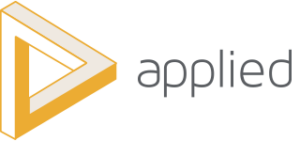
- A platform designed to help organizations find the best candidates based on their talents
Don’t see your database or platform? Let us know at [email protected] and we will add it to our list!
Reports Corner
Looking for research to help your organization learn more about behavioral science? Find BSPA’s round-up of the most comprehensive reports highlighting rigorous research below:
-
The Value of Social, Behavioral, and Economic Sciences to National Priorities
A Report for the National Science Foundation
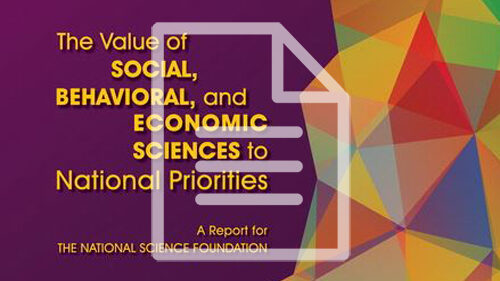
additional resources
Recommended Reading
-
Inside the Nudge Unit: How Small Changes Can Make a Big Difference
By David Halpern
-
The Last Mile
By Dilip Soman
-
Thinking, fast and slow
By Daniel Kahneman
Free Resources
-
Grit: The power of passion and perseverance
Angela Lee Duckworth
-
The puzzle of motivation
Dan Pink
-
When you’re making a deal, what’s going on in your brain?
Colin Camerer
BSP is an international peer-reviewed journal featuring short, accessible articles describing actionable policy applications of behavioral scientific research that serves the public interest. Edited by foremost disciplinary scholars for scientific rigor, and leading policy analysts for relevance and feasibility of implementation, manuscripts that pass this dual-review are professionally edited to ensure accessibility to a broad audience including policy makers, executives, behavioral scientists, and educated lay readers. BSP is an interdisciplinary joint publication of BSPA and the Brookings Institution.
Learn more about BSP and other publications



